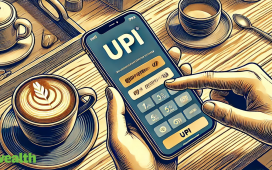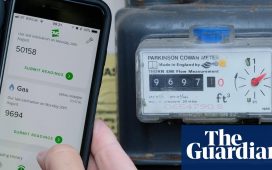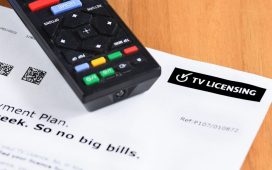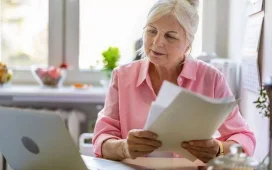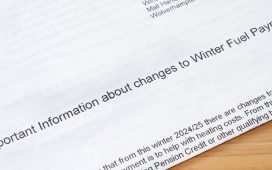The new rules kicked in from January and have caused particular concern as people look to sell unwanted Christmas gifts or have a good old-fashioned declutter as spring approaches. HMRC is pioneering a new method of collecting information on people who sell goods and services online in their spare time, as well as gig workers and other small-time entrepreneurs, and those letting out spare rooms.
Alan Thomas, chief executive of small business insurer Simply Business, said the measures have a simple aim: “To target people who evade taxes by failing to declare their income to the authorities.”
Anybody who thinks they can escape has their work cut out. As I reported recently, HMRC robots know more about your financial affairs than you do. This Q&A shows how the changes could affect you.
What’s happening out there? From the start of this month, digital marketplaces such as eBay, Airbnb, Vinted, Uber and Etsy must tell HMRC how much money their users are making each financial year.
This means all your trading data goes straight to the tax authorities. They will verify the data against their own records, to make sure sellers are correctly reporting their income on their tax returns.
HMRC isn’t messing around. Platforms face hefty penalties for failing to submit reports or sending inaccurate information, so they have a massive incentive to comply.
Anybody who trades regularly without reporting their income risks getting caught. As well as paying any tax they owe, they could face fines and late payment charges, too.
How much can I earn? One thing hasn’t changed. Someone who trades just now and again and brings in less than £1,000 a year will have no tax to pay and nothing to worry about.
That’s thanks to the trading allowance, which was introduced in 2017 and won’t be affected by the changes.
However, the trading allowance is shrinking in real terms as it hasn’t been increased in almost seven years, despite the inflationary surge.
So ignore panicky posts on social media claiming HMRC has introduced a new tax on side hustles, because it hasn’t.
The rules haven’t changed, you’re just more likely to get caught if you break them.
What will I pay tax on? You don’t need to pay income tax when selling personal items, such as used clothes, an old TV or unwanted furniture.
However, if you take your hobby a step further and start buying items from car boot sales and charity shops, then selling them online for more than you paid, watch out. HMRC says this is “likely to be trading, and the profits would be taxable”.
This also applies to income from a range of casual services including babysitting, dog walking, food delivery, gardening and charging other people for using your equipment or tools.
All of thesel benefit from the £1,000 trading allowance. People can also earn up to £1,000 a year from renting out property or part of their home, including for holidays, for example, through an agency or online.
READ MORE: HRMC side-hustle tax – everything you need to know and how to claim money back
Are there any other taxes I should worry about? The short answer is yes. You could potentially pay capital gains tax (CGT) when selling personal possessions, although only on items of a much larger value.
Currently, you can make a profit of £6,000 a year (£3,000 from April 6) when selling personal possessions, before paying tax. This also applies to property.
Remember, this is charged on profit, so is unlikely to hit most sales, such as cars or clothes, which will mostly be worth less second-hand than you originally paid.
And it won’t affect regular traders, as you can’t pay both income tax and CGT on the same item.
The CGT threshold will fall to £3,000 on April 6.
What if I earn more than £1,000? If you earn more than the trading or property allowance, you’ll need to need to register with HMRC and file a self-assessment tax return.
There’s nothing new in that, either. It’s been the case since 2017.
You need to include details of your employment on your tax return, so HMRC can see how much tax and National Insurance you’ve already paid. There is a danger that your side hustle could push you into a higher tax bracket.
You may still have no tax to pay even if you earn more than £1,000, as you can claim allowable expenses.
For example, someone with a knitting or baking sideline could claim for materials, promotional costs including a website, and fuel for any delivery vehicle.
Despite the fuss and confusion, many self-employed individuals will not have to change how they file their tax returns, Thomas said. “The changes simply mean that HMRC is receiving more information from online platforms than before. If you are following existing rules as required, there is probably no need to worry.”

